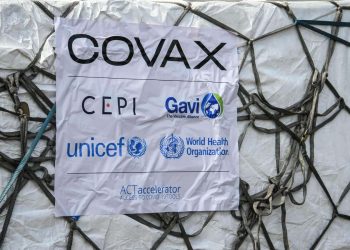Gender-based violence is a public sin and a violation of God’s image in humanity, the head of the Civil Service of the Federation, Didi Walson-Jack, has said.
Ms Walson-Jack made this statement in a keynote address at the Anglican Compassion and Development Initiative stakeholders’ dialogue on ‘Gender-based Violence Prevention in Faith-Based Spaces: Changing the Narrative’ in Abuja on Tuesday.
She urged the church to create “safe sanctuaries” where survivors of GBV can find safety, not silenced. She explained that faith communities are not immune to GBV, noting the grim global statistic that one in three women experiences physical or sexual violence in her lifetime, often by someone she knows.
Ms Walson-Jack condemned the practice where survivors are often told to “pray harder, endure for the sake of the family, or forgive and forget”, stating that misinterpretations of scripture are sometimes used to justify harm.
“Let us be clear: Gender-based violence is not a private matter. It is a public sin. It is not cultural. It is immoral. It is not the will of God. It is a violation of His image in humanity,” she said.
To “change the narrative,” the HOCSF called on the church to reclaim the true message of the Gospel —a message of love, justice, equality, and dignity for all, citing Genesis 1:27, which declares that humanity was created in God’s image, male and female.
Ms Walson-Jack reminded the gathering that Christ honoured women by defending the woman caught in adultery and entrusting the message of the resurrection to Mary Magdalene. She called for the empowerment of women and youth, adding that women must be recognised as leaders and interpreters of scripture.
Ms Walson-Jack also tasked the church with teaching young men that true masculinity is not defined by dominance, but by service and respect. She encouraged the promotion of education and awareness through discussions on consent, healthy relationships, and mutual respect as part of Christian formation.
Ms Walson-Jack commended ACADI activity, which is supported by the Ford Foundation, and urged faith-based organisations to build partnerships with government agencies, NGOs, and traditional institutions to strengthen awareness campaigns and advocate for survivor-centred policies.
(NAN)







